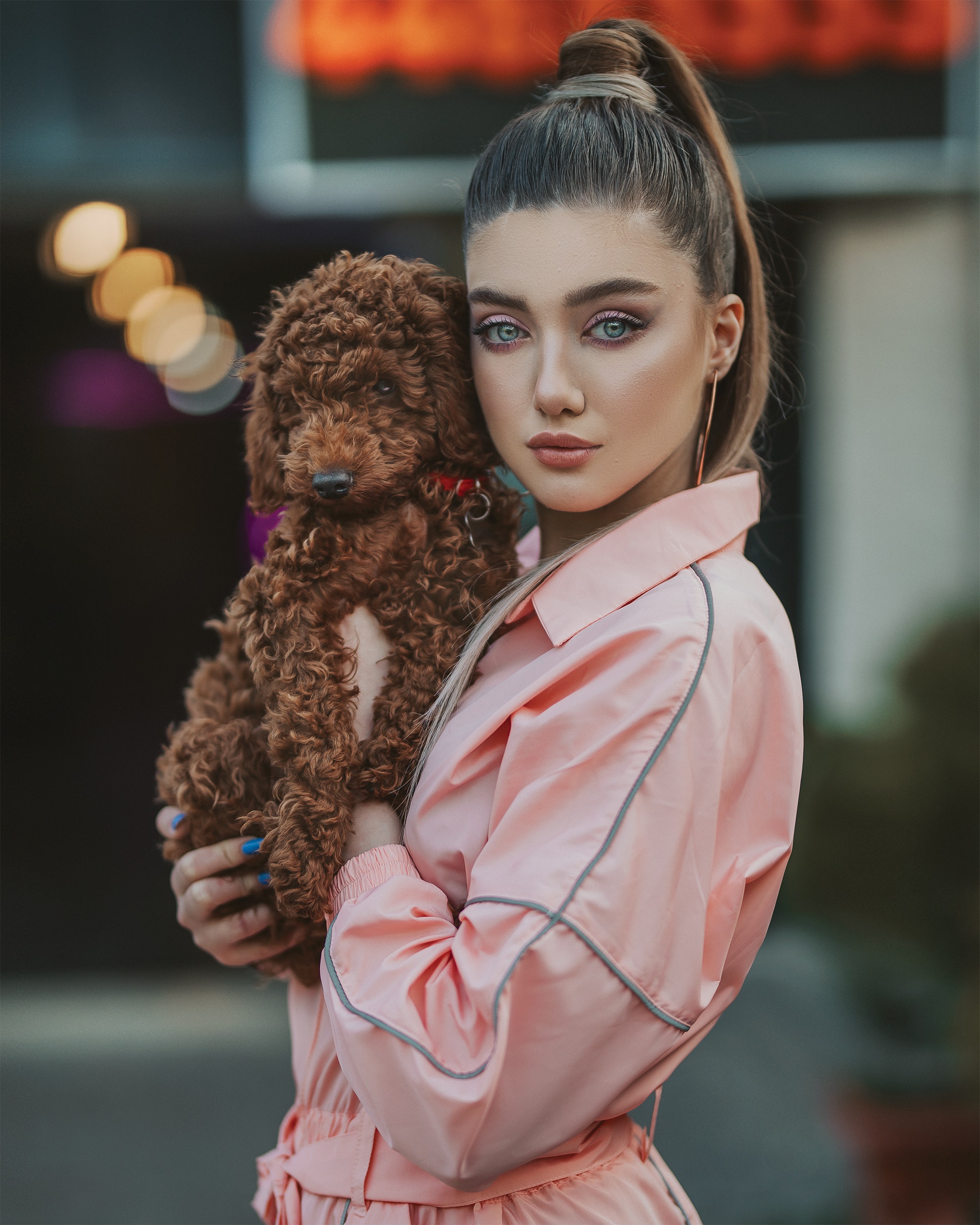Puppies bring joy and energy into our lives, but their panting can sometimes raise concerns. It’s vital to understand why your puppy might be panting heavily, as this knowledge can help ensure their well-being.
Normal Panting Behavior
Panting is a natural behavior in dogs, especially in puppies. Unlike humans, dogs don’t sweat to cool down; they rely on panting. If your puppy has been playing hard or is in a warm environment, panting is likely just their way of regulating body temperature. Their small bodies can overheat quickly, so panting helps them cool down after vigorous activity.
Stress and Anxiety
Excessive panting can also point to stress or anxiety. New experiences, loud noises, or unfamiliar environments can make puppies feel anxious. If you’ve recently changed their surroundings or introduced them to new people, their panting might indicate they are overwhelmed. Offering comfort and creating a quiet space can help ease their anxiety.
Health Concerns
If panting occurs excessively without an apparent cause, it may signal health issues. Respiratory problems like pneumonia or bronchitis, as well as heart conditions, can lead to increased panting. If your puppy displays other symptoms—such as lethargy, loss of appetite, or coughing—consulting a veterinarian is crucial. A thorough examination can help identify any underlying health concerns.
Pain or Discomfort
Puppies may also pant due to pain or discomfort. If your puppy seems restless or unable to settle down, it could be expressing distress. Observing for signs of injury, such as limping or whining, can help determine if a vet visit is necessary.
Excitement and Overstimulation
Puppies are naturally exuberant and can pant out of excitement. Situations like a surprise visitor or the sight of a favorite toy can trigger this response. While this panting is typically benign, teaching your puppy to calm down when overly excited can foster a more balanced home environment.
Overheating in Hot Weather
Puppies are particularly prone to overheating on warm days. If your puppy has been outside in the heat, panting may indicate they need to cool down. Always provide access to fresh water and shade, and consider bringing them indoors if they appear excessively hot. A cool bath or a damp towel can help lower their body temperature.
Impact of Humidity
Living in a humid climate can intensify the risk of overheating. Puppies can easily become distressed in high heat and humidity, leading to excessive panting. Be mindful of outdoor activities during peak heat hours and keep an eye on your puppy’s comfort.
Age and Metabolism
Age plays a role in panting patterns. Young puppies have a higher metabolic rate, which can lead to more frequent panting. As they grow, their energy levels and breathing patterns may shift. Monitoring their behavior will help you distinguish between normal and concerning panting.
Diet and Digestion
Diet can also affect panting. A sudden change in diet or consuming something that doesn’t agree with them can cause gastrointestinal upset, leading to panting. Pay attention to your puppy’s eating habits and consult a veterinarian if you notice significant changes or signs of distress after meals.
Maintaining Calmness
Your demeanor can influence your puppy’s behavior. If you appear anxious or worried, it may heighten their feelings of stress. Remaining calm and providing reassurance can foster a sense of security for your puppy. Keeping a log of panting incidents, including activities preceding them, can be helpful when discussing concerns with a veterinarian.
Individual Variability
Each puppy is unique, and their panting can have various meanings depending on their personality and circumstances. Understanding their typical behavior will help you recognize any changes that might indicate a problem. Observing their body language and vocalizations will provide valuable insights into their well-being.
Seeking Professional Advice
If uncertain about your puppy’s health, consulting a veterinarian is always advisable. Regular check-ups are vital for monitoring their health and determining if panting is a cause for concern.
Creating a Supportive Environment
Establishing a routine with regular exercise, playtime, and socialization is crucial for a puppy’s well-being. A structured environment helps your puppy feel secure, reducing anxiety. Ensure they have opportunities for both mental and physical stimulation to prevent boredom and stress.
Conclusion
Understanding your puppy’s behavior, including their panting, is an ongoing journey. By observing their patterns and being attentive to their needs, you can strengthen your bond and ensure a happy, healthy life together. Each moment spent with your puppy is an opportunity for growth and connection.



